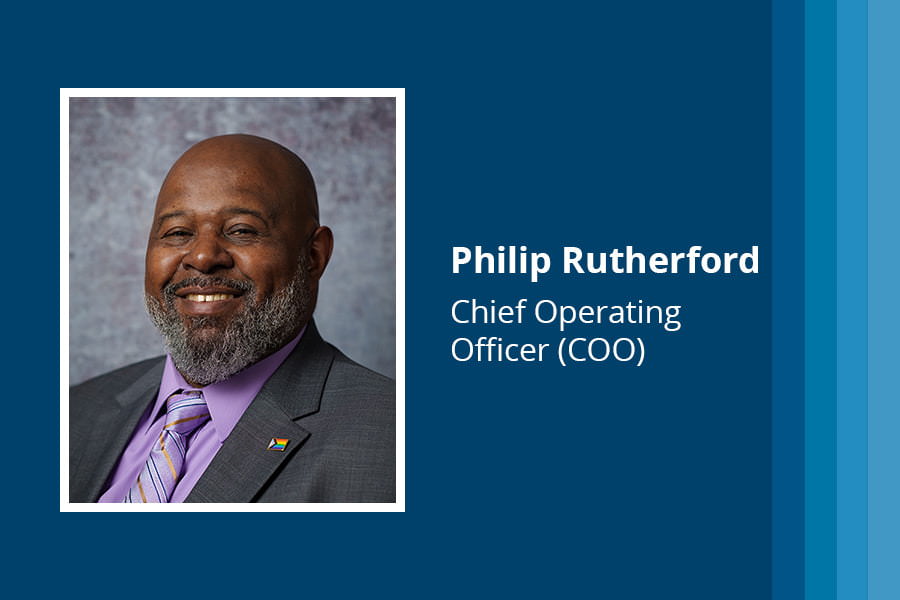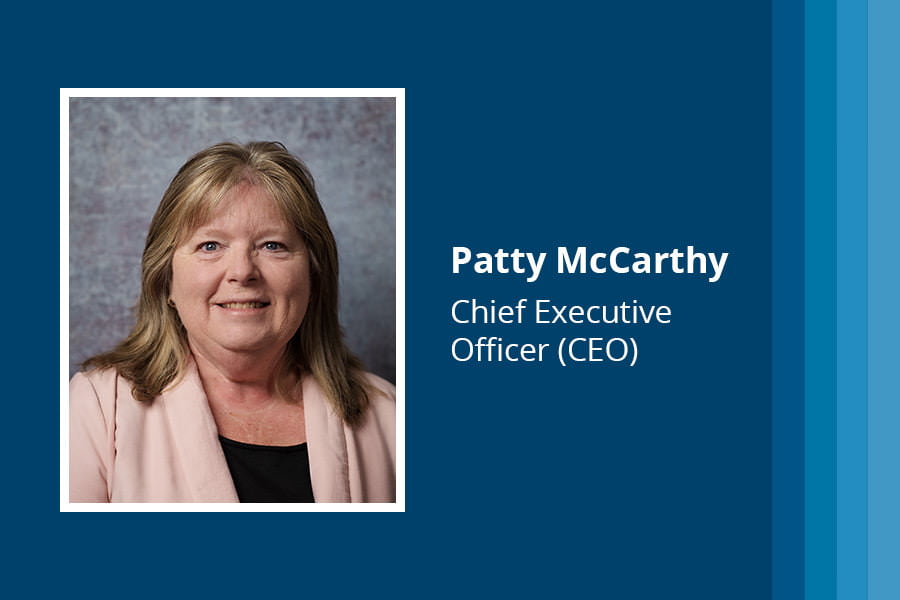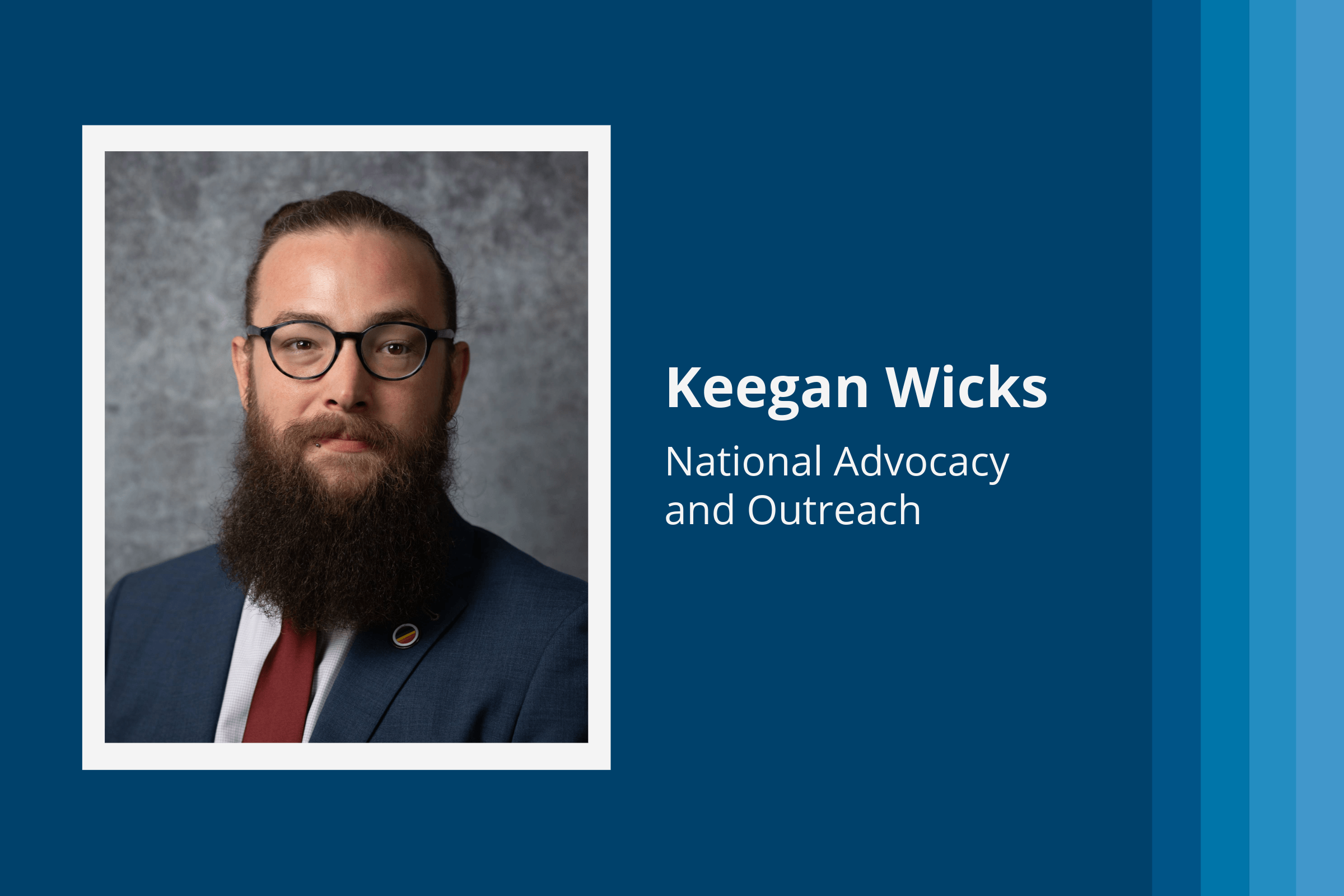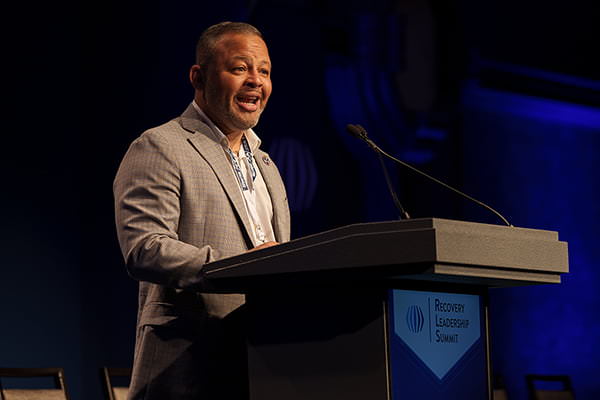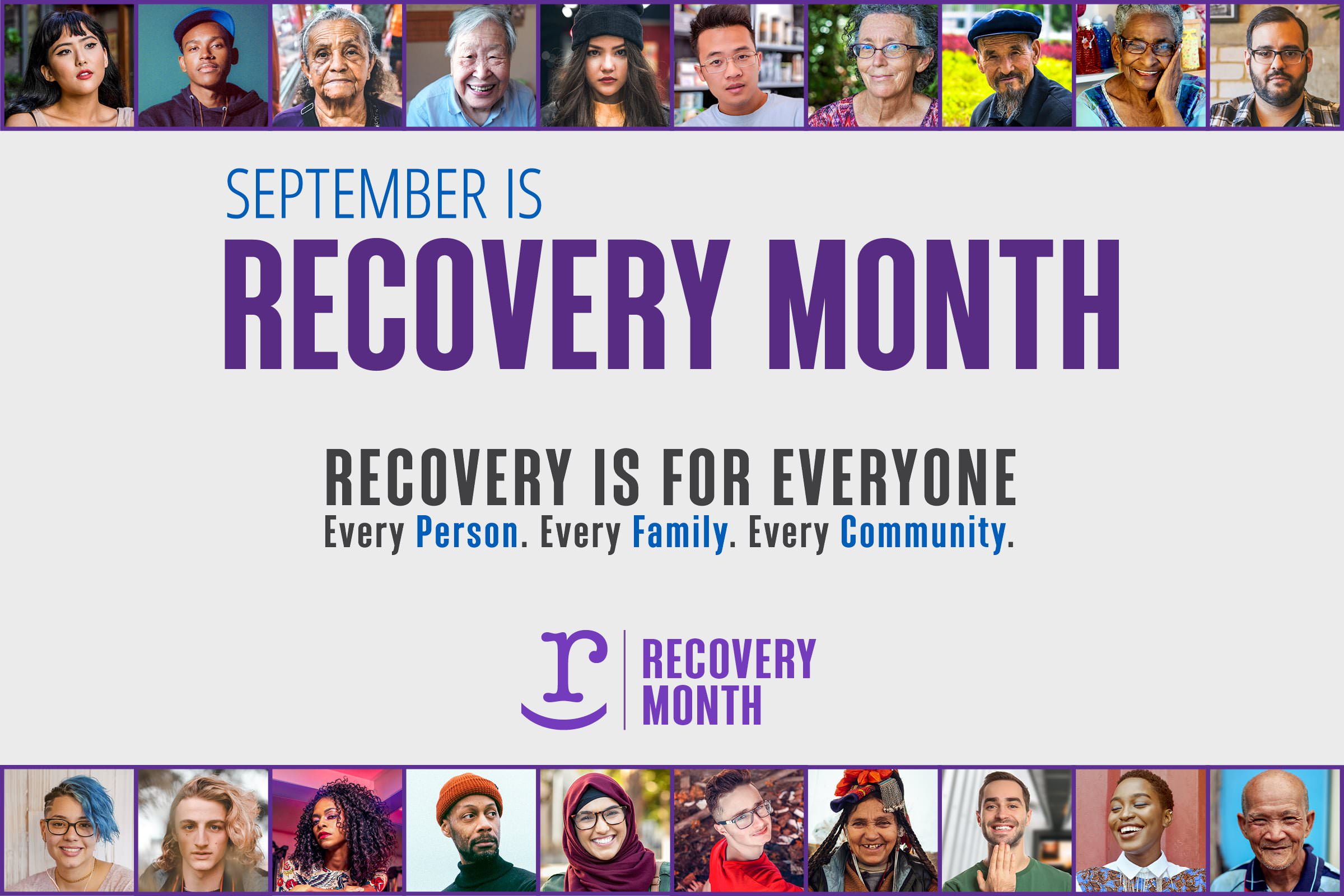On May 23, 2024, one of Faces & Voices of Recovery’s Alliance for Recovery Centered Organizations (ARCO) members had the privilege of testifying before Congress.
Anthony Vezina, Executive Director of 4th Dimension Recovery Center (4D) in Portland, Oregon, gave testimony before the Senate Finance Committee during a hearing entitled “Front Lines of the Fentanyl Crisis: Supporting Communities and Combating Addiction through Prevention and Treatment.”
We were thrilled to see one of our Alliance members participate in a vital conversation that could influence future policy.
Mr. Vezina testified from a place of lived experience, demonstrating his passion for serving youth and young adults in need of treatment, recovery support, and a full spectrum of services, including the use of peers. Emerging research from universities and multiple government and private entities supports the premise that investing in primary prevention and substance use disorder (SUD) treatment yields substantial economic returns. It lessens the government’s spending burden in other systems like criminal justice, health care, and child welfare.
Pleading the case for greater access to recovery centers and residences, Mr. Vezina pointed to specific funding models that support the full continuum of care for chronic diseases and reimburse peer support services for pre-treatment and outreach engagement activities.
According to a report by the U.S. Surgeon General, it can take more than five years of remission from a substance use disorder before the risk of relapse drops below 15%, underscoring the urgent need for ongoing support services after treatment or incarceration. Recovery centers provide people in recovery with free daily access to essential community-based and peer support services in an extremely cost-effective way that leverages grassroots recovery support.
Critically, peer support services provide hope and encouragement to people in recovery, and extensive research demonstrates other positive outcomes, including reduced recidivism, lowered healthcare costs, and increased employment.
Toward the end of his testimony, Mr. Vezina pivoted to the need for increased investments in SUD treatment and greater access to medication, both of which go hand in hand with a stronger workforce. Increasing reimbursement rates is a necessary and critical strategy to expand access.
In 2023, the Health Resource Service Administration (HRSA) reported that the shortage of addiction counselors is projected to last until 2036. SAMHSA’s National Study on Drug Use and Health (NSDUH) estimated that 44 million people had SUDs in the past year. According to HRSA, there are 86,794 addiction counselors in the U.S., and we need 125,010 additional addiction counselors to fill the need. But reimbursement rates remain low, and professionals working with individuals with severe addiction and mental health conditions continue to be woefully underpaid.
Expanding peer support services could ameliorate the workforce shortage, and reimbursements that actually cover the cost of detoxification and residential treatment might incentivize organizations to establish or expand operations.
Faces & Voices of Recovery – and of course ARCO! – thanks Mr. Vezina for his testimony, and, more importantly, for his unwavering commitment to our cause.

